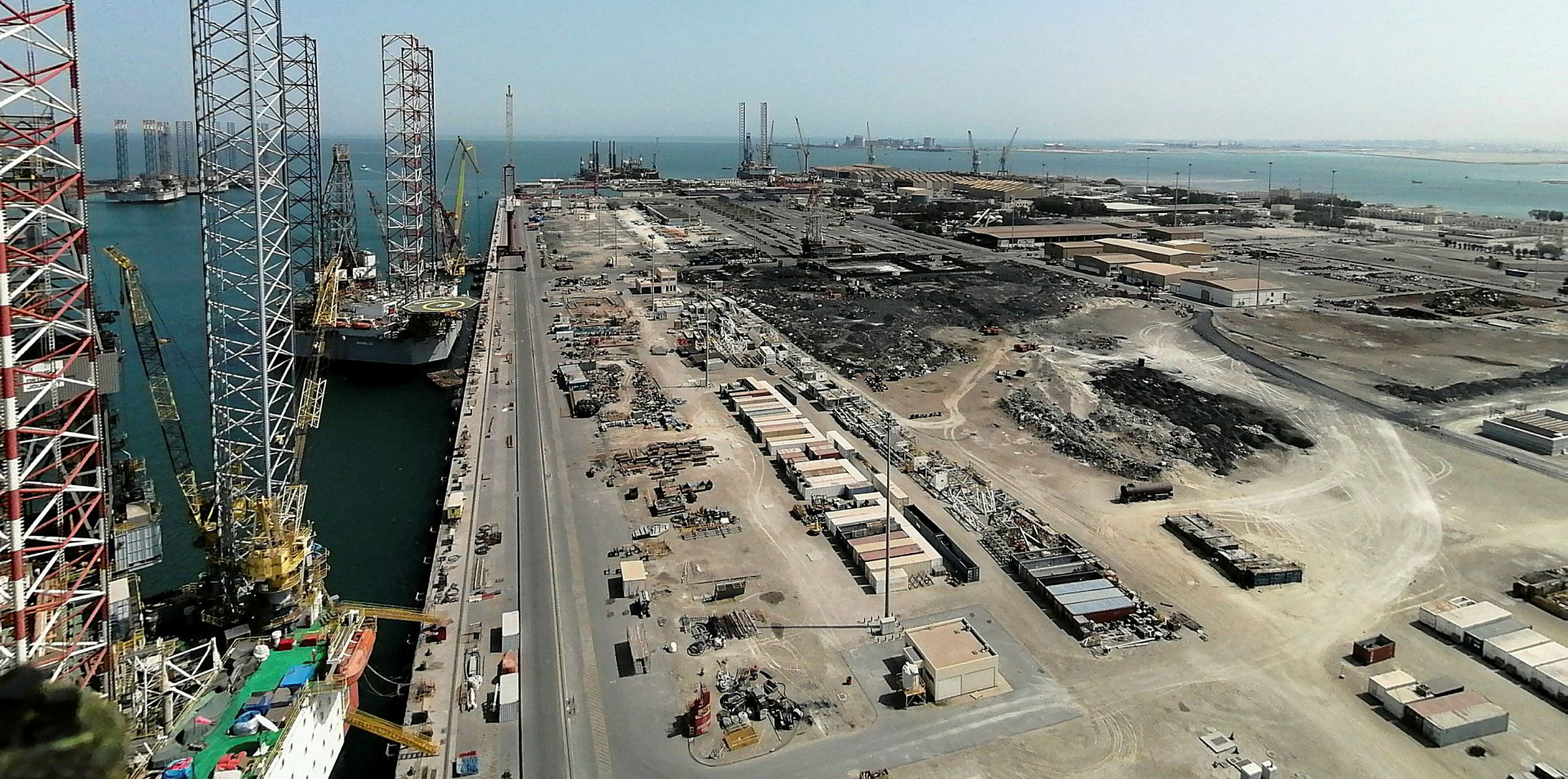Spain has signed on to the Hong Kong Convention for the Safe and Environmentally Sound Recycling of Ships.
The country has become the 17th to sign up to the International Maritime Organization treaty aimed at ensuring that when ships are scrapped it is done so without endangering health, safety or the environment.
Spain's alternative permanent representative to the IMO, Victor Jimenez Fernandez, met with secretary general Kitach Lim on 3 June to deposit the instrument of accession, the United Nations body said on Monday.
The Hong Kong Convention was adopted in 2009, but has yet to meet certain thresholds to go into effect.
While more than 15 states have signed up, it represents just 29.8% of the total gross tonnage of the world's merchant shipping fleet, short of the 40% necessary.
Rules also require the combined maximum annual ship-recycling volume of signatories must constitute no less than 3% of their combined merchant shipping tonnage over the preceding decade.
The convention, developed over more than three years, covers the design, construction, operation and preparation of ships ahead of demolition.
Its rules cover issues around the presence of hazardous materials, such as asbestos, heavy metals, hydrocarbons and ozone-depleting substances, by having an inventory of such substances.
The treaty also requires demolition yards to have a ship-recycling plan.
The Hong Kong Convention also tackles issues around working and environmental conditions at facilities where ships are demolished.
As it stands, the European Union has ship-breaking rules known as the Ship Recycling Regulation, which the European Commission could be looking at extending.
The rules require shipowners with EU-flagged vessels to dismantle these at approved yards, primarily in Europe.






